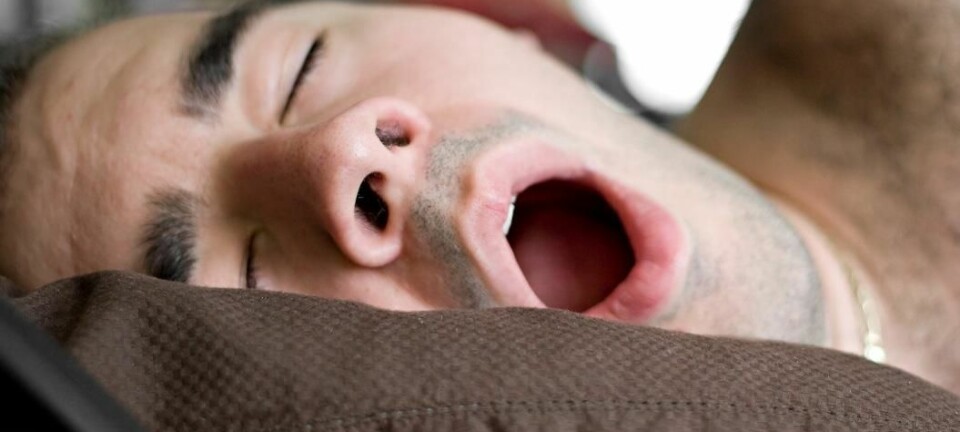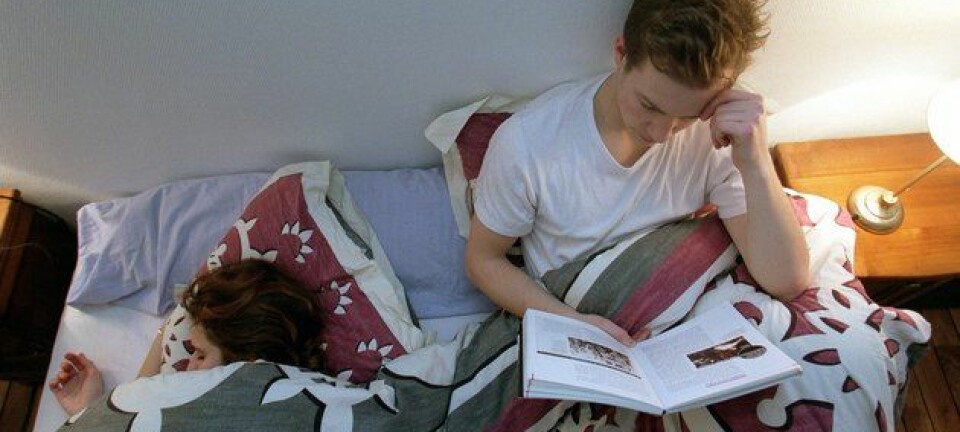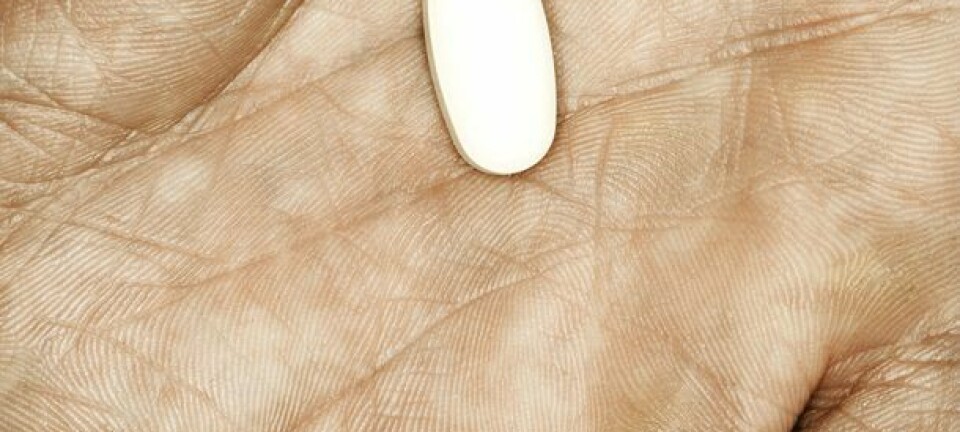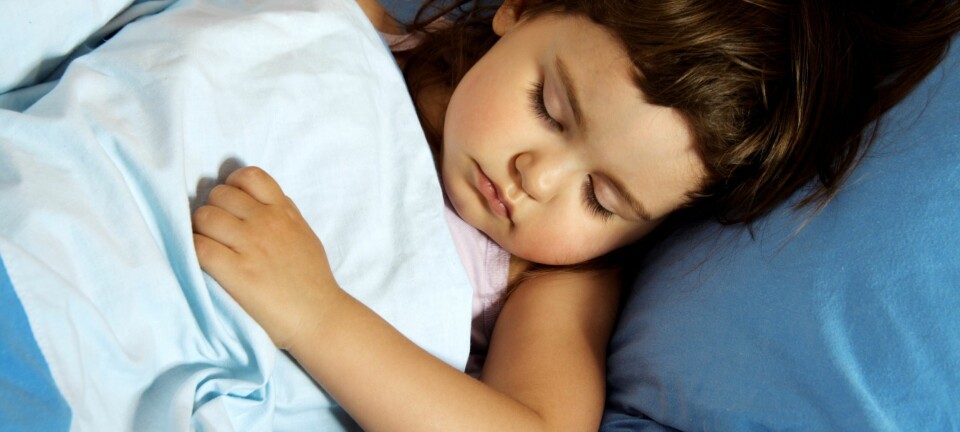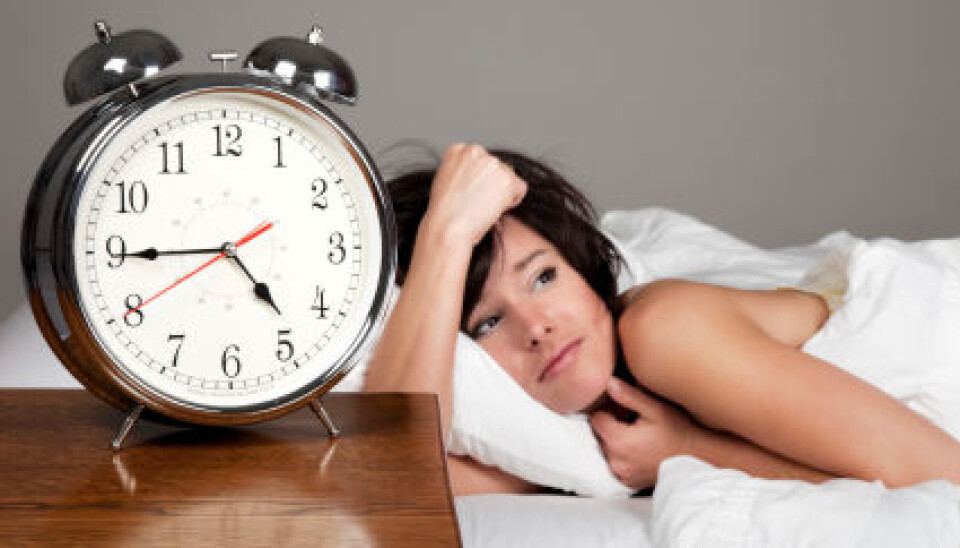
Sleep-deprived teens more likely to be depressed
Lots of young Norwegians fail to get their recommended dose of shuteye. Adolescents with sleep problems are five times as likely to suffer depression as peers who sleep well.
Denne artikkelen er over ti år gammel og kan inneholde utdatert informasjon.
This heightened risk was revealed in a recent study by researchers at the University of Bergen (UiB) and the University of California, Berkeley.
The analysis was comprised of upwards of 10,000 adolescents in Hordaland County, aged 16-18.
This research is believed to be the first population-based study to investigate the relation between depression and insomnia in this age group.
“We show that the less these adolescents sleep due to sleeping problems, the higher their risk of becoming depressed,” says psychologist and sleep researcher Børge Sivertsen.

Sivertsen is department director in the Division of Mental Health at the Norwegian Institute of Public Health (NIPH) in Bergen.
Young people who met the criteria for insomnia and who slept less than six hours a night are at even greater risk of depression – their odds are eight times higher than for good sleepers their age.
Sleeping problems and depression are all too common among adolescents. Some five to ten percent of the general population suffer a degree of depression, but the share is higher among teens.
Under five hours
Researchers found that the link worked both ways.
Insomnia is three times more common among people in this age bracket who are depressed than among classmates who have a brighter outlook, according to the study.
“The majority of the adolescents who feel depressed sleep less than five hours. This is not enough sleep by far,” says Sivertsen.
“Although this data is based on a cross-sectional study, we’ve previously shown that both conditions are independent risk factors for each other, and the effect is just as significant both ways,” he adds.
In cross-sectional studies, researchers gather information from a defined group at a given point of time.
The method can reveal information about occurrence and links, but it yields no sure answers regarding causes.
Both sexes
On the whole it took longer for depressed teens to fall asleep (known as longer sleep onset latency, or SOL) and they woke up more frequently (wake after sleep onset, WASO) in the course of the night. Not surprisingly, they also slept fewer hours altogether.
The teenage boys and girls who were depressed tended to sleep 60–90 minutes less per night than those in their age group who had no signs of depression.
“The depressed youth have a much greater sleep deficit, three hours per night in fact, which is quite a lot for teens aged 16-18,” Sivertsen said.
“This is serious and in the long run it leads to greater chances of falling out of the job market and for illnesses such as chronic pain disorders and heart problems,” he added.
He said that the kids in this study who were referred to as depressed had not been clinically diagnosed with depression, but that they exhibited many of its typical symptoms.
The study involved collaboration among researchers from Uni Health – the Regional Centre for Child and Youth Mental Health, NIPH and the University of California, Berkeley.
Weekday deficits
Sivertsen and colleagues at the University of Bergen and Uni Health have previously used the same data to determine that there are big gaps between the amount of sleep Norwegian teenagers get and the amount they need.
These 16-to 18-year-olds slept an average of six hours and 25 minutes on weekdays, according to their study, which was published earlier this year in the Journal of Sleep Research.
The youths said they felt like they needed two hours more of sleep per night. This contributes to what is referred to as weekend jetlag. On average during weekends the teens would go to bed and get up to four-and-half hours later. Sleeping in late on Sundays has repercussions for the subsequent weekdays because it makes it hard for the teens to get to sleep early enough Sunday evening to feel refreshed Monday mornings. This becomes a vicious cycle.
The researchers point out that on school nights these teens should actually be going to bed at ten PM in order to get the recommended eight or nine hours of sleep.
----------------------
Read the Norwegian version of this article at forskning.no
Translated by: Glenn Ostling








